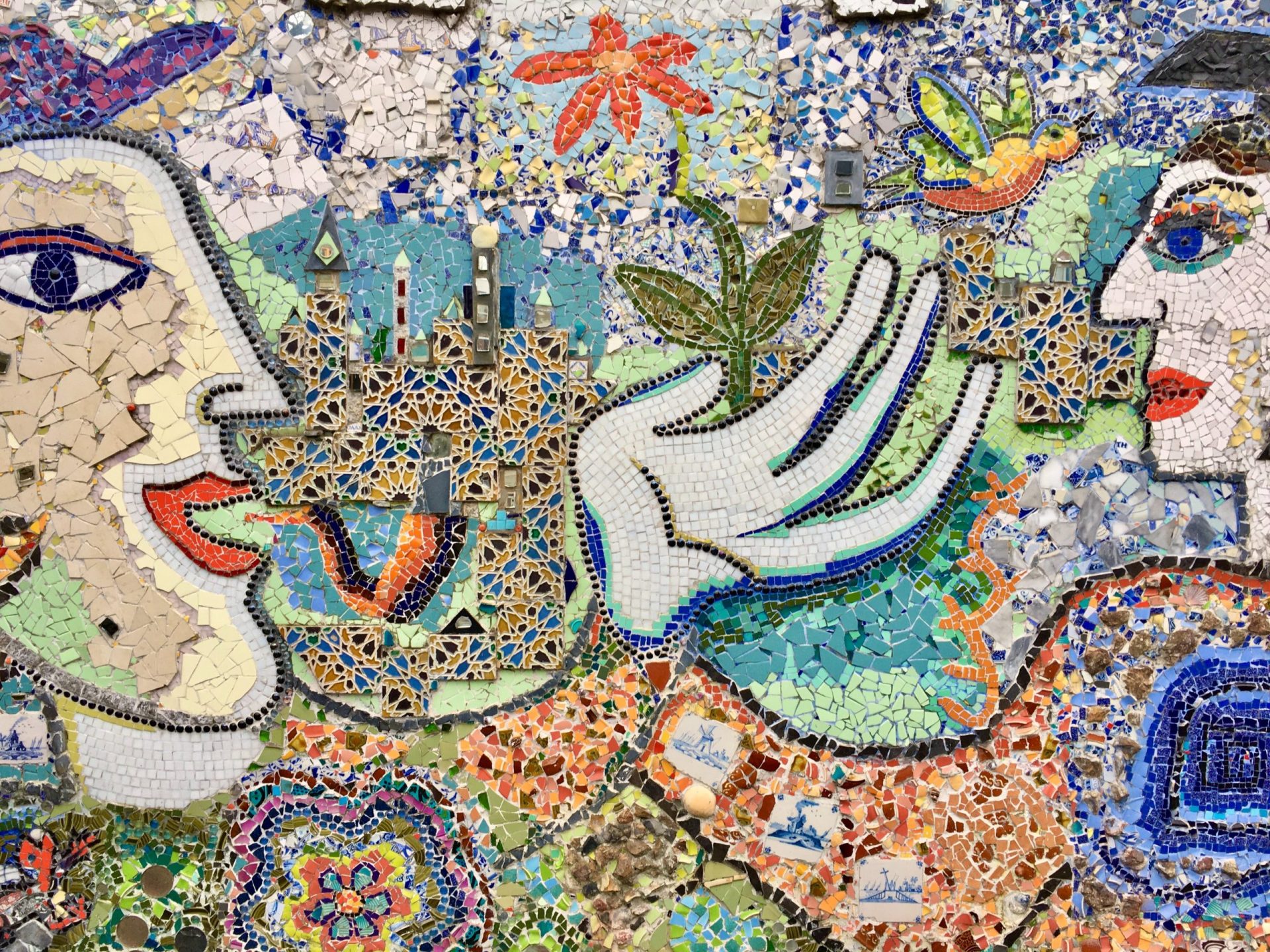The power dynamics between developed countries and developing countries–though, what we often mean is the relationship between previously colonised countries and former colonial powers–are a touchy subject in development circles, the aid sector and social justice movements around the world. This is in large part because the very same colonial methods of providing ‘support’ that developed countries have towards developing countries are often present between organisations headquartered in developed countries and their ‘beneficiaries’ from developing countries.
Without a doubt, these skewed power dynamics between international NGOs and their counterparts in the global south are enabled by persistent neo-colonial funding models that still perceive any shifting of power and money to global south organisations as ‘risky.’ These top-down partnership models, where INGOs are seen as ‘experts, hosts, principal recipients,’ while global south NGOs remain consigned to the roles of ‘local organisations, beneficiaries, sub-recipients,’ continue to pose serious challenges to actual transformation in the development sector.
It is because of these issues (and many others, but that’s another story for another post) that more and more activists, feminists, thinkers and communities advocate for truly decolonised and transformational models of development and support. At The Engine Room–a team made up of people from ten different countries and partners all around the globe, including many in Latin America and Sub-Saharan Africa–we see decolonising as not only the process of freeing our minds from colonialism but also as a lens to reflect on our work, power and methodologies. Here are some of the ways we seek to commit to this in our work.
1. Recognising and challenging epistemic injustice
We start this with recognition and thanks to Professor Miranda Fricker for introducing the great term, epistemic injustice, which allows us to name the injustice and unfairness related to knowledge! We know that social inequalities have epistemic effects: for example, the sharing of information only with those who have the privilege of access, the denial of access to education to oppressed people (while also denying them the right to be credible witnesses of their own lived realities) and the condescension shown to those at the bottom of perceived societal hierarchies. In acknowledging this, we must deliberately reflect on the impact of our research and support projects. Who are we listening to? Who are we excluding? Where is the power? Reserving time for this process allows us to think big about our understanding of knowledge, what shapes it and how we can avoid contributing to cycles of injustice.
2. Academia is not everything
We see ourselves as ‘specialist generalists’ working outside of, or parallel to, academic forms of knowledge production. For this reason, we try not to fall into the trap of analysing problems through just one lens or referring to just one body of knowledge. In recognising epistemic injustice, we acknowledge that there are other bodies of knowledge and communities that are frequently excluded, like women in tech, oral knowledge, non-Western knowledge, etc. The concurrent use of many bodies of knowledge limits the chance of Western-obsessed knowledge production. We also respect different forms of knowledge (especially lived experience). For example, university credentials aren’t necessary to work within The Engine Room, including for our consultants. We work with the graduates, the never-had-access-to-education, the self-taught, and we understand that the lack of a university degree does not mean the lack of knowledge. We all learn as we go anyway.
3. Monitoring and learning as ongoing processes
We find a lot of value in sharing our work as we go along–internally and externally where possible. We do our best to pull out learnings from the beginning of projects, before complete data sets and developed anecdotes take form near the finish line. This means we do not see our work through the lens of a static evaluation output at the end of the project, but as an opportunity to share knowledge (even in its rough stages) and receive feedback from the multitude of experts (in their diversity) out there. Sometimes this might mean sharing early findings that change as we gather more data–but that’s part of the learning process.
4. The internet is currently a huge library of white voices
n practice, many of our partnerships and projects involve collaborative practices like interviews, learning from existing and current experiences and practices, and reviewing our partners’ workflow, data and methodology. This is not only to ensure that project pathways and goals fit the context they operate within, but to also ensure that our research is informed by accurate and local information. We try as hard as possible not to rely on online searches and academic references because we know that Western knowledge (and epistemologies) is what predominantly informs the internet. At the same time, we try to ensure that our work with our partners (which is informed by local contexts) informs the internet, too.
5. Power and relationships
We believe that every partnership we enter into should be based on the idea of ‘power with’ and not ‘power over.’ For this reason, we seek to build projects not only to support our partner’s work, but to also respect and surface local expertise and knowledge, without extracting data and expertise and presenting it somewhere else as our own. We understand that our partners were great before we came in contact with them–we are only here to help them accelerate their impact and co-discover solutions to problems that they have been grappling with. In turn, this leaves an impression on the way we evaluate our work, too–figuring out ways to measure our own impact, without taking undue credit for work or approaches that partners would’ve been doing anyway.
If you have additional practices to share, feel free to come on over to our Twitter or send us a note at hello@theengineroom.org. If you want to learn more about some partners work we are supporting this year, take a look at this post.
Image credit: Giulia May on Unsplash

